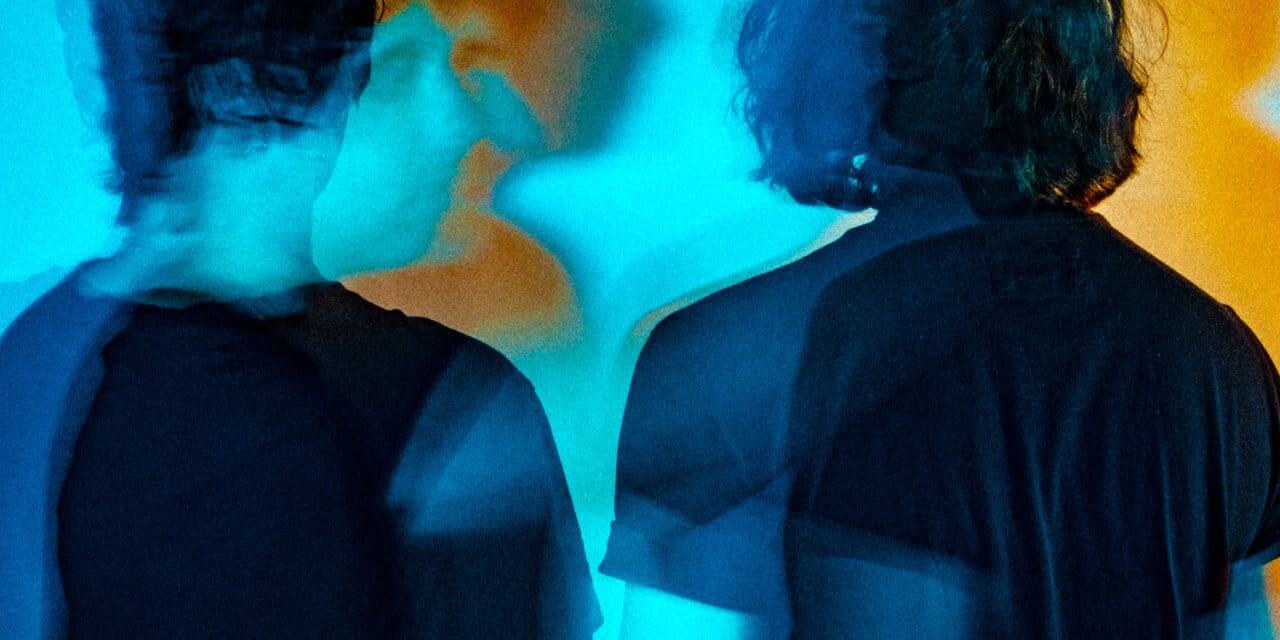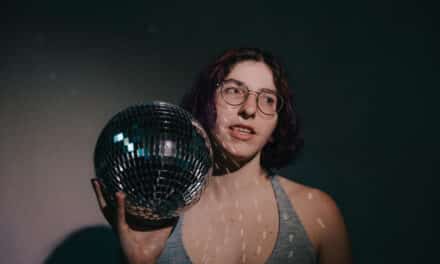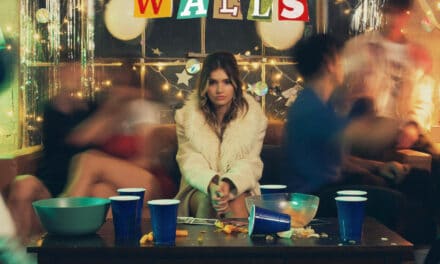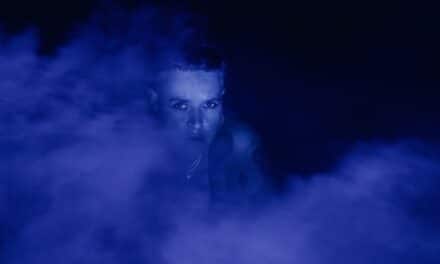In the realm of musical secrecy, the Los Angeles-based duo known as sym fear remains veiled in mystique, with their identities still concealed. Recently, sym fera unleashed their newest remix package for their popular single ’11/8′
Their most popular single “11/8” has garnered over 400,000 streams. The track stands as a thought-provoking exploration of the intricate ways in which social media distorts our minds, a concept that resonates deeply in the digital age. The song was also featured in the hit show Ozark, which inevitably brought traction to the band. They have also already been synced on FOX notables The Resident and Prodigal Son. Piquing the interest of several in the music industry, sym fera was signed by State of the Art Records (helmed by Ian McEvily, Marc Jordan, and Mike Clemenza) who released the duos first EP and have been unaware of the band members are to this day.
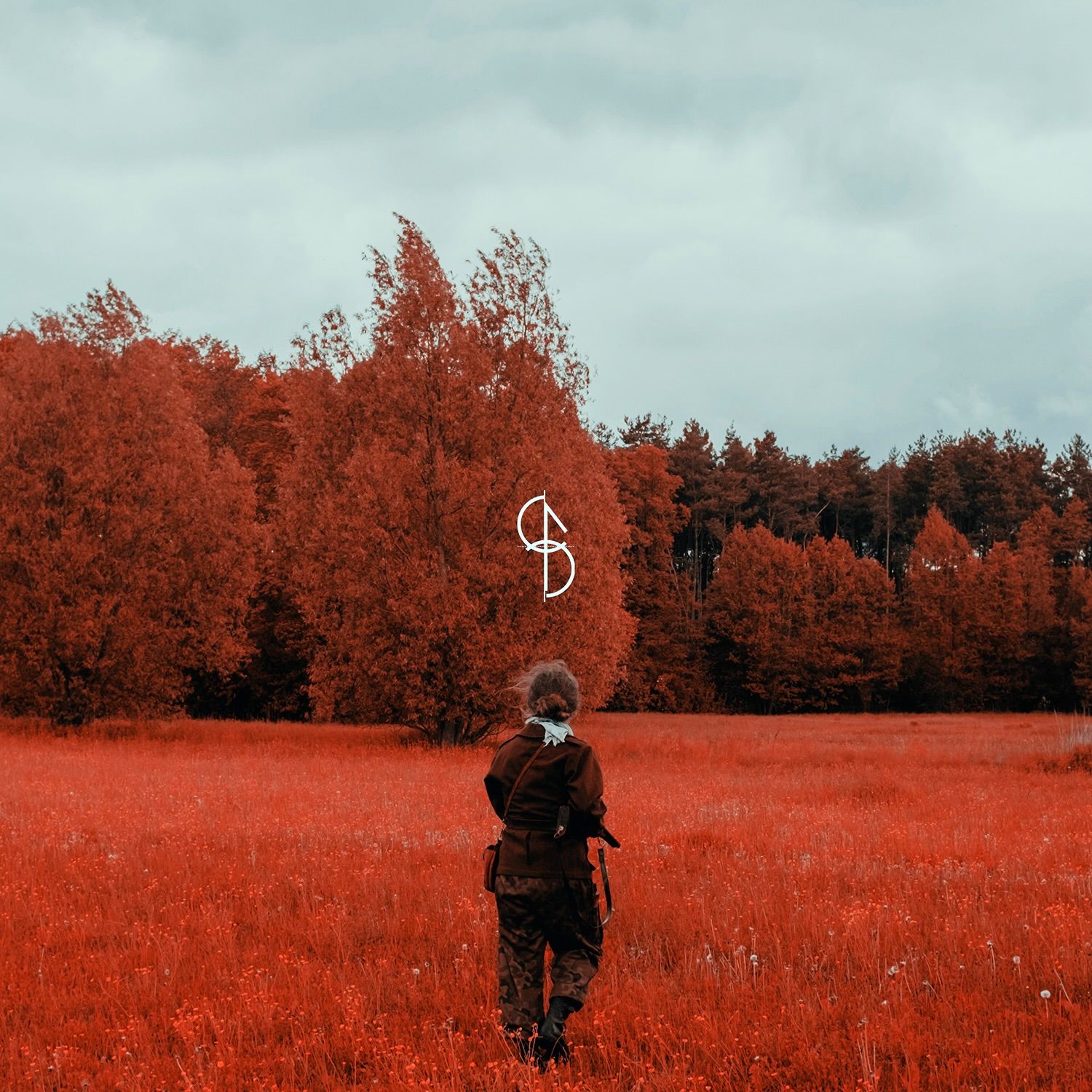
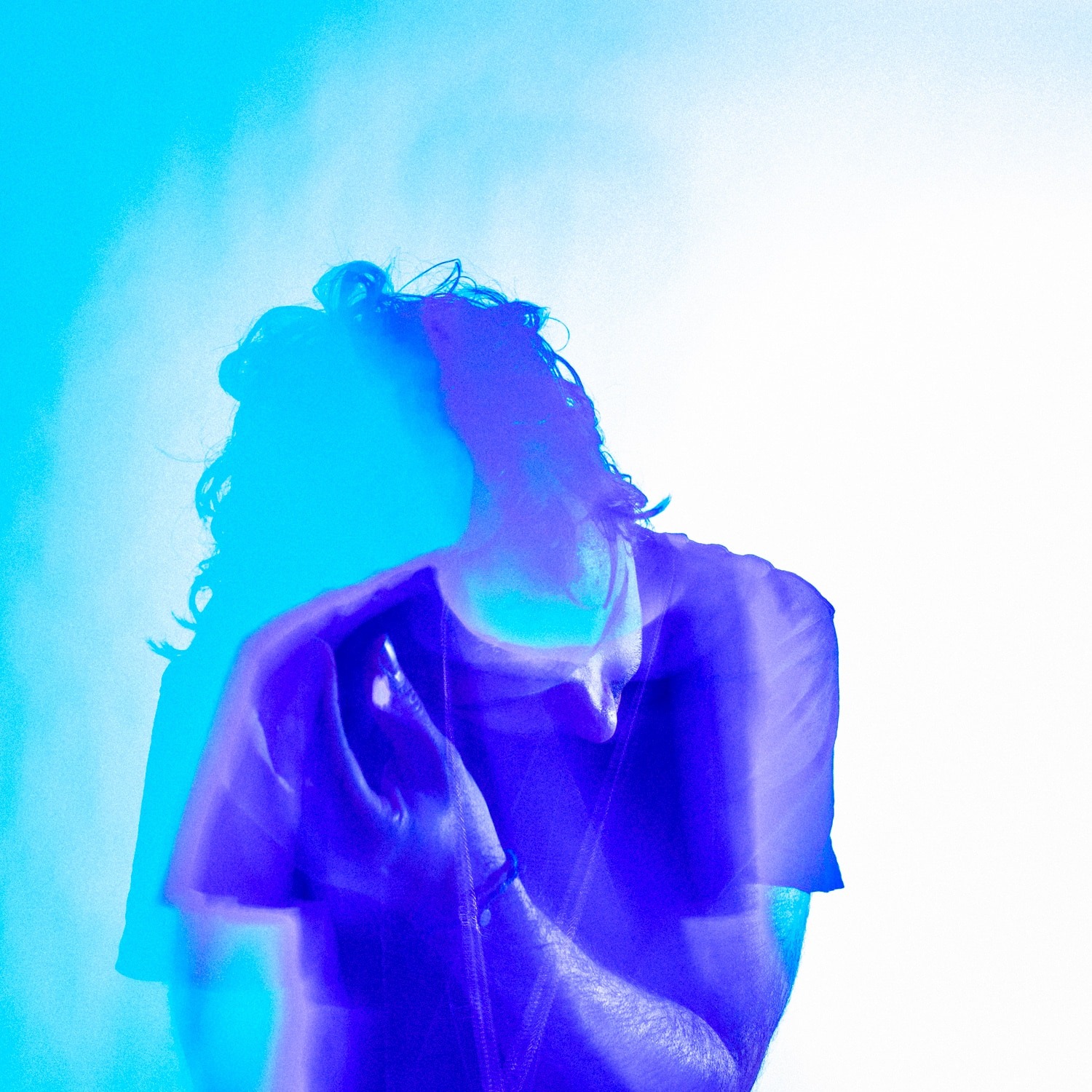
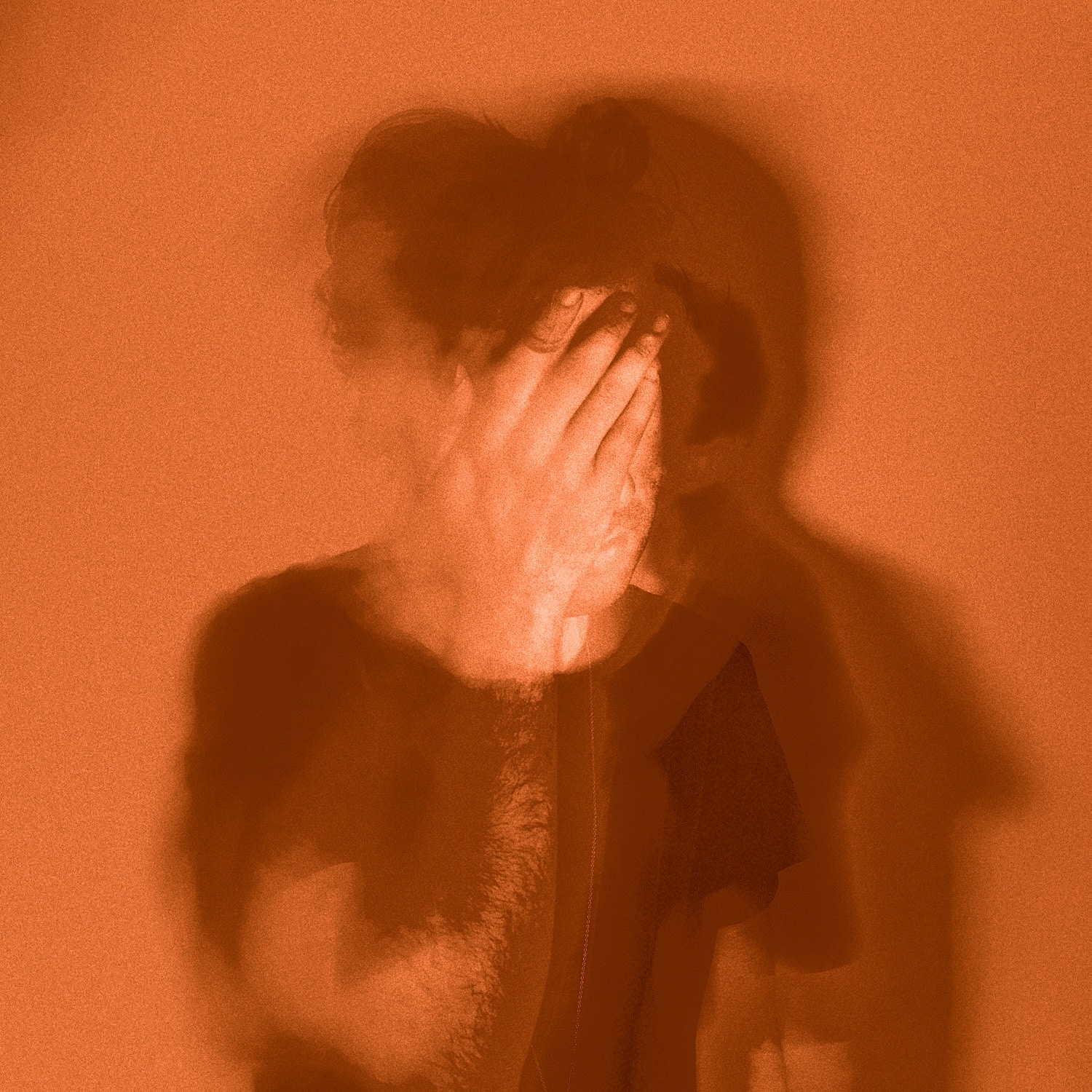
What about the secrecy? How did you come up with this?
We’ve said this before, but I think it’s worth repeating – it’s not really supposed to be a gimmick, it was more a preference. We’re not trying to be deliberately secretive; we’re just trying to steer the focus toward the material instead of who we are and what we look like. One could argue that it backfired since people find the “secretive” thing to be a hook of some kind, but that’s not our intention. We just didn’t want our personalities, or the way we look, our social backgrounds, or really anything about us to color the way the material was perceived.
Can you reveal how you met and decided to start a band?
We were musical vagabonds basically. My partner has always been a mad scientist, always a gearhead, and finding new ways to put the sound in his head on a recording or a stage. I’ve always been a singer, and a writer. I love playing with words, I love melody. I grew up worshipping Motown singers like Smokey Robinson, rock singers like Chris Cornell, lyricists like Fiona Apple and Tom Waits. And we were just live music club rats, for lack of a better term. We jumped up at any jam session we could find for a number of years, with no sense that it might lead to something. It was just too hard to resist. There were a magical few years in LA where the underground live music scene was incredible. We helped open a jam session at a club that’s long gone now, and literally within the first two months Prince jammed there, Slash, Stevie Wonder jumped up in the middle of our sets. It was a special time.
And then there was a moment when that scene kind of took a dive, but our desire to make stuff never abated. So, we just kept making stuff, and one day the stuff we made gave us the feeling that we wanted to try it out for real.
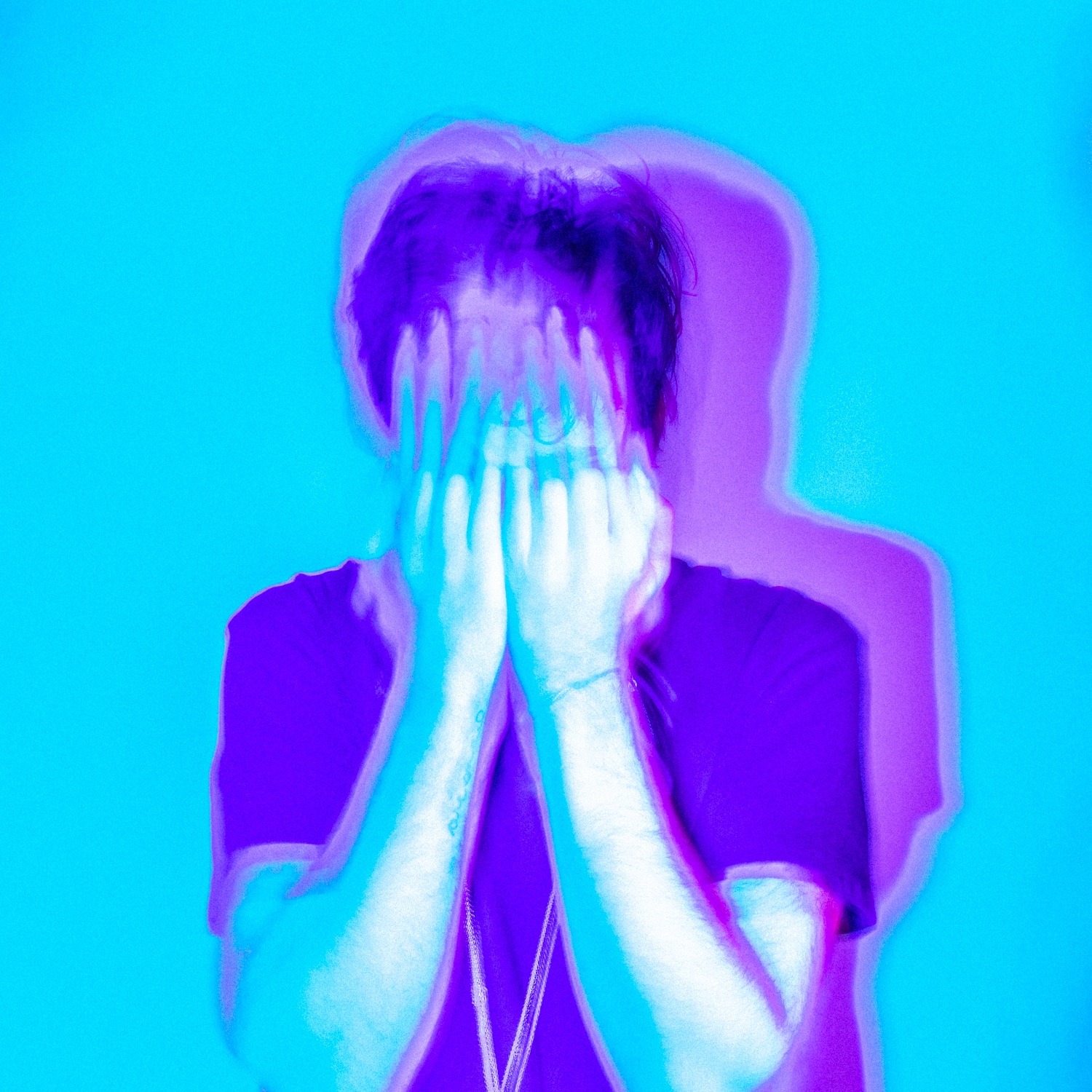

What inspired your first release 11/8?
11/8 was part of a that series of collaborations that my partner and I were undertaking simply for the fun of it. We were jamming in clubs and writing with no real plan to release anything, it was purely for its own sake. And one day we just made this weird song in this weird time signature, and we just thought, despite its weirdness, there was something catchy about it, and we felt compelled to share it. So, we put it together with a few others that gave us the same feeling, and that became our first EP. Then that song got synced on TV a few times, we got signed, and people started taking notice, which surprised the hell out of us. Honestly, we were unprepared – we didn’t have more material to throw out there to strike while the iron was hot, so we had to scramble to write the next batch faster.
What is this social experiment you are conducting and what results are you expecting here?
It’s more a personal experiment than a social experiment. We just wanted to see how people, including people we know, would react to the music and the videos without any preconceived notions attached to them. I think that’s a privilege that our parents’ generation had and took for granted – that anonymity and the ability to create any persona you wish from scratch – that our generation doesn’t enjoy. Everyone, whether they have a large media presence or not, has a digital footprint that walks in the door before they do. So, taking our faces out of the equation means people have only the material we release to judge, no context and no persona. Controlling for that variable is the experiment. The result is basically, we know for sure that any reaction we get, good or bad, is only a result of the stuff we made, and nothing else.
You channel Jeff Buckley mixed with nine inch nails vibes in your music. Who inspires you?
I’d never say we measure up to either of those artists, but they’re definitely heavy influences. We’re inspired by a lot of “weirdos,” and we’re of course using that term as a compliment. David Bowie, Thom Yorke, Moses Sumney, Bjork, Jim James, Massive Attack … Basically, if an artist can be categorized as “alternative” (that vague innuendo that basically means the “powers that be” can’t be bothered to categorize them) we probably love them.
I think that’s actually where it’s all going. Billie Eilish is considered a pop artist now, and I think in previous generations someone like her would have been filed away as “alternative.” I think young people aren’t so concerned with genre anymore, they just go by quality. If it’s good, it’s good, who cares what bin it would have been filed under in a record store? Seems like this latest generation is a lot more mature and open-minded about that than previous generations, and we definitely share that point of view. That’s one good thing about streaming, frankly – the algorithm doesn’t seem to do a lot of gatekeeping of musical cliques.
What are your next steps this year?
We’re releasing a remix EP of our most popular song “11/8,” in three drastically different styles. After that, we’ve got a big chunk of brand-new material, including new videos, that are ready to go. Then I think the plan is to immediately get on the road and test the live thing. We’ve only done one live show so far, and it was a challenge keeping our faces out of it (we used lighting to make our silhouettes opaque and put the audience’s phones in sealed bags). I think as we go forward, we’ll relax that militant anonymity. The experiment has played out, and we’re both pleasantly surprised at the result. Now, going forward, maybe we’ll just see how far it can really go without one hand tied behind our back.

